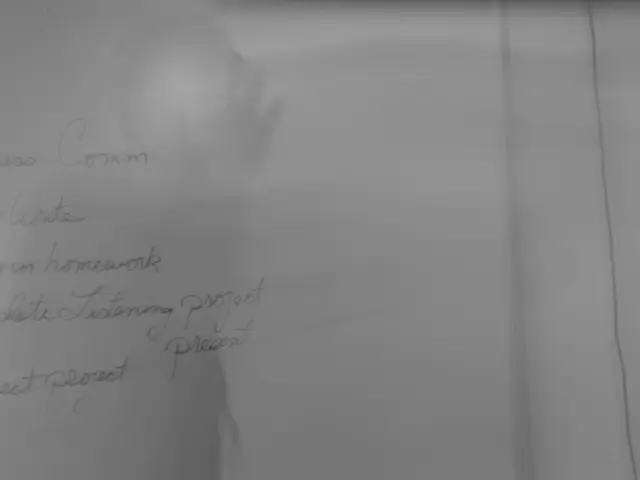Trump asserts authority over District of Columbia's law enforcement, mobilizing the National Guard. Understanding his legal basis for such action.
In a surprising move, President Donald Trump announced that he is placing Washington, DC's police department "under direct federal control" and deploying National Guard troops to the nation's capital. This decision comes as administration lawyers were in a courtroom for the first day of a trial over the legality of Trump's deployment of the National Guard in California in June.
The Home Rule Act of 1973, which grants Congress oversight and authority over the capital, allows the President to take control of Washington, DC's Metropolitan Police Department (MPD) under Section 740 in the event of an emergency. The President's control under this section is limited to 48 hours initially, during which he must notify key congressional leaders in writing. This federal control can last up to 30 days, but any extension beyond that requires a joint resolution passed by both the House and Senate.
The President can assume sole command of the MPD during emergencies. The initial federal control without Congress notice can last up to 48 hours. Control can extend to 30 days with notification to congressional committees. Extensions longer than 30 days require congressional approval. Control ends automatically when the emergency ends, the 30-day period expires, or Congress votes to terminate it. Operational control of MPD is normally under the Mayor and Chief of Police, but the President can override this temporarily during emergencies.
The move was made in response to a public safety emergency after an assault on a former government worker during an attempted carjacking on August 3. However, data shows that violent crime in Washington, DC has been declining since its 2023 spike, with two years of sustained improvement. Despite this, Trump has been vocal about a surge in violent crime in the city.
The DC Police Union chairman, Greggory Pemberton, supports the move and agrees "something needs to be done." Over the weekend, Trump moved officers from several federal agencies, including up to 130 FBI agents, to patrol with DC police in several neighbourhoods. Beyond the police department, Trump has broad jurisdiction over the city's affairs, with numerous federal law enforcement agencies, including the FBI, headquartered in the city and reporting directly to the administration.
This is the first time in the act's history that a president has assumed control of the city's police force. Washington Mayor Muriel Bowser called Trump's move "unsettling and unprecedented." The Defense Department stated that duties for the activated National Guard personnel include administrative and logistical roles, as well as providing a physical presence in support of law enforcement.
The Home Rule Act grants the President emergency powers over the D.C. police for up to 48 hours immediately, extendable to 30 days pending congressional notification, with any further extension needing Congress’s consent. Any control lasting more than 30 days would need congressional approval and must be passed into law.
The announcement came amidst ongoing criticism by Trump of a surge in violent crime in Washington, DC. Trump activated 800 soldiers from the DC National Guard, with up to 200 assigned to support law enforcement. It remains to be seen how this decision will unfold and what impact it will have on the city's public safety and political landscape.
- The Home Rule Act of 1973 allows the President to assume control of the Metropolitan Police Department (MPD) in Washington, DC during emergencies, initially for 48 hours, and extendable to 30 days with congressional notification, with any further extension requiring Congress’s consent.
- The President's move to place Washington, DC's police department under federal control following a public safety emergency comes amidst ongoing criticism by President Trump of a surge in violent crime in the city.
- Beyond the police department, President Trump has broad jurisdiction over the city's affairs, with numerous federal law enforcement agencies headquartered in the city and reporting directly to his administration, including the FBI.





